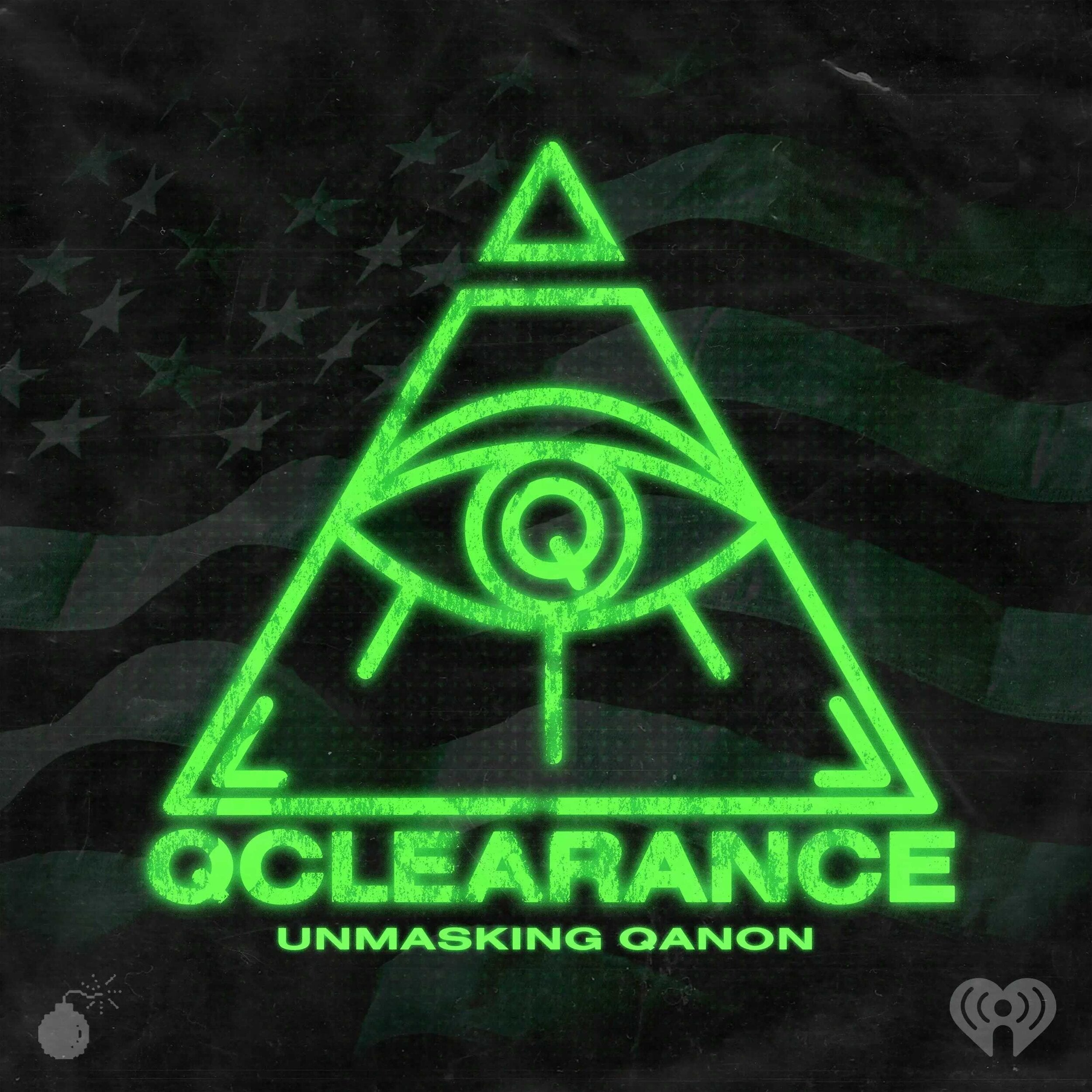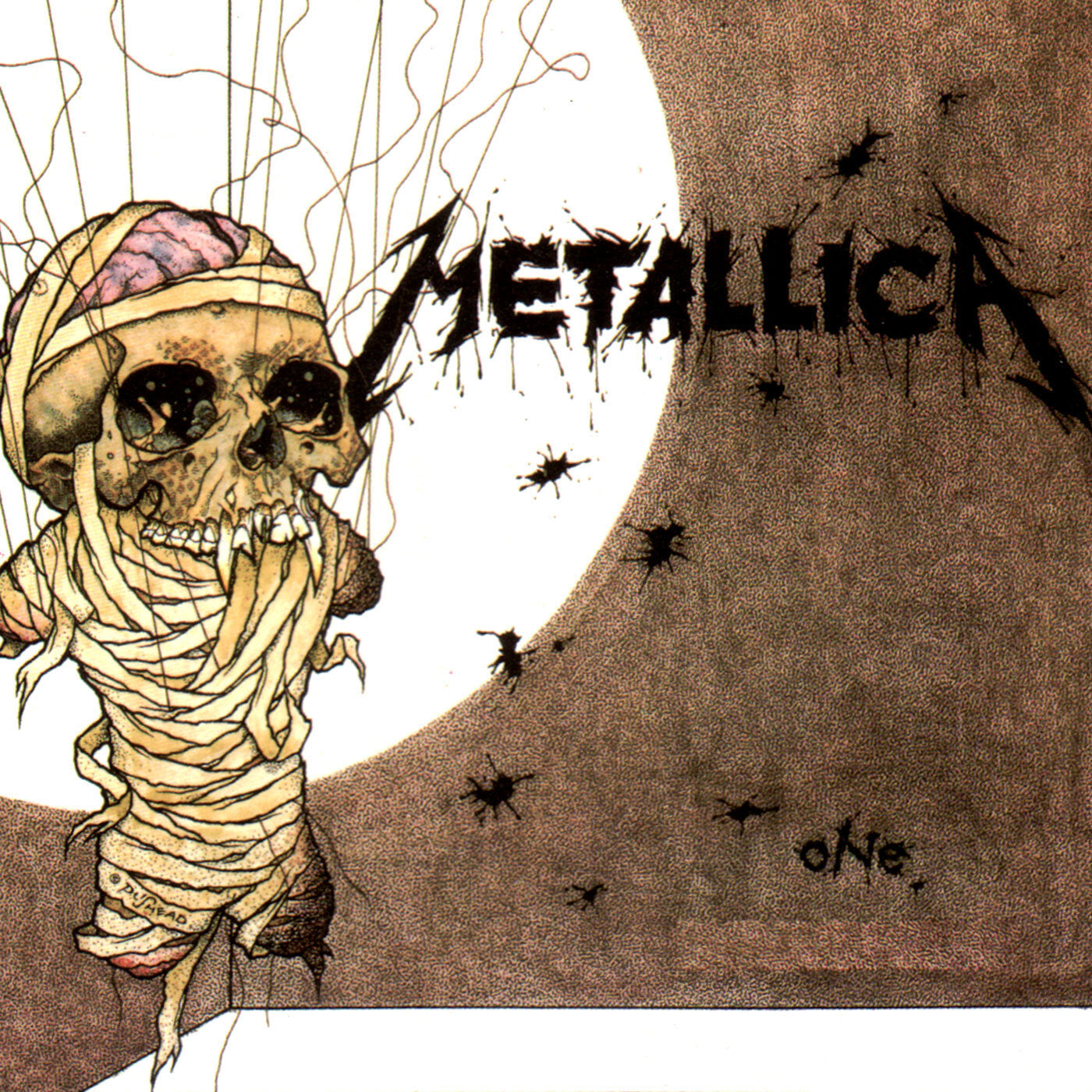
The Great American Vet Fet, Part 3: The Naming of Things
After those morons stormed of the Capitol, we vets are Bret Hart during the Montreal Screwjob and no Vince McMahon is coming to make it right.
What do I mean? Well, first look at what appears to be a good amount of veteran participation. I’d almost empathize with the commitment of these fools—if it wasn’t based on their belief that someone with a TS/SCI read into a sensitive program was communicating with impunity the details of an op to dismantle a lizard child-rapist cabal—because we all feel torn out by the roots in some way after we separate from the service. But still, please GTFO.
On the other “side,” notice the number of media profiles on the veterans who actually penetrated the Capitol. Of course, none are combat veterans—though there is the stupid suggestion that because one of them deployed to Iraq, he was some sort of battled-hardened fighter pilot—but each one was portrayed as grave danger to our country.
How did we get to a place where certified desk jockeys, female airmen, and some guy in a beaver hat that got booted from the Navy for refusing a flu shot (now a shaman, who I’m sure after this will make a nice chunk of change leading sad, white ladies into the jungles of Peru so that they can put themselves back together with drugs and the gentle thrumming of a tambourine in the night) transform into the lethal foot soldiers of the next civil war?
One more time: we let them name us warriors without any suggestion of irony.
No matter which “side” of the spectrum you are on, when our usefulness has been exhausted, they’ll toss us out like the “heroes of the thin blue line” turned deep state automatons inside the Capitol (or maybe they’ll do us dirty like those weirdos screaming ACAB who now dearly respect the oh so brave Capitol police’s gallantry in defeating the insurrection). We’ll be no different. Not every fetish will get you off forever, and when it does you just find weirder porn to do the job.
How do we get out of this? Let’s turn to a GWOT favorite for inspiration: the most important scene in the television series, Band of Brothers, isn’t the landing of D-Day, or when they held Bastogne against every division the Nazis could throw at them, or even the final scene where you found out that not a single one of these guys went home and wrote a book, created a workout program, or started a consulting company teaching others the “principles” of leadership.
Do y’all remember when Major Winters crossed paths again with Captain Sobel? Winters rose from Second Lieutenant to Major in three short years, mostly based on battlefield performance, while the unpromoted Captain Sobel had been relieved of command of Easy Company for incompetence. They’ve switched places in life and the unhappy Sobel refuses to salute the now higher-ranking Winters when they meet.
Instead of delivering a cringy “get your hands out of your pockets” style correction, Winters explains to Sobel the fundamental truth of our existence as service members by telling him, “we salute the rank, not the man.”
This is why it’s so important to let go of these names the fetishizing public have given us. Hero, warrior, ronin—whatever—they’ve all become traps. A lot of us have found it difficult to reintegrate into civil-society and for valid reasons—PTSD, the slower pace, lack of purpose, weak camaraderie—but those aren’t the main reason. Just as water takes the shape of the container it’s poured into; names structure your reality. How can a warrior really expect to be understood, accepted, connected to mere citizens?
But you can’t become what you don’t consent to, spiritually at least. That’s what Major Winter’s is saying to Captain Sobel. They’re not worthy of respect, the rank deserves that outward sign. And they only hold these ranks. Each person will give it back to the United States Government when they’re promoted, separated, or dead. We’re all servants and nothing more.
I can’t deny the strange feeling—and one that’s very difficult to explain, especially to anti-war or pacifist types—that military culture, even with all of its bloated hypocrisy, might actually be more meaningful than the permissive, drifting civilian culture it serves. Perhaps some civilians sense this, especially the “I would’ve joined but…” types that think that it’s a favor to us when they blurt out another lame “thank you for your service.” But even if it’s true that the values of the United States Armed Forces are superior to the values of the civilian population of the United States of America, it doesn’t matter. We might’ve turned in our uniforms and gear, started collecting our VA benefits, but we have another name that we’re still only borrowing: citizen.
Citizens are the body parts of a society while government is something like the brain (or asshole, honestly). The problem with government in all of its forms and through every century is the issue of discipline. Does it come from within or without? Most people, in most places, in most times believe that discipline comes from external forces. Think of feudal Europe when all humans were divided into three clean categories of those who fight (aristocrats), those who pray (clergymen) and those who work (everyone else). It’s absurd that just because one is born a peasant that they might not have the brains or courage to climb the social ladder yet, in the rigid discipline forced externally on everyone, the idea of mobility between classes didn’t exist. Discipline and control were externally located in the Middle Ages.
Internal discipline throughout history is much rarer—Athenian democracy, republican Rome, the government of Florence in the Renaissance, the United States of America—but crucial to survival of the last great political hope of humans. The weight of power in these systems isn’t entrusted to or stolen by small groups of people but instead dispersed across the widest possible set(look, I know more than 75% of the population wasn’t allowed to vote in Florence and that in all times, until the last century, women were never allowed to vote)so that the problems of a society aren’t someone else’s problem but your problem. To confront the issues of the day, it requires a citizen to not just be informed (whatever that means today is impossible to know, but it certainly doesn’t mean the argument I heard from one Capitol building stormer who claimed that no one’s ever read the entire Constitution because it’s too long) but active in the life of their community and inactive in Facebook, Instagram, and message board comments. It means saluting ranks but not men, recognizing that institutions are people and not monoliths, and that the nature of humans, the condition of man, the journey of all of us involves daily grappling with imperfectible dark and selfish nature. In fact, we need internally imposed discipline because no political movement, system, or idea will ever set anything right. There is no Eden. Only nasty and difficult work.
We know how to do this. Most of us can do professional work even if we don’t feel like it or it’s hard. All of us know the definition of integrity is to do the right thing when no one’s watching but it’s now become even more important to know the one for moral courage: doing the right thing when everyone’s watching. A professional with internal discipline does both. The warrior that rides on the fumes of accolades from fickle, social media sycophants doesn’t do either.
If you really want to be a warrior, if you need it to keep your fetishized hard-on, then fall back on the example of the samurai. Yeah, sure, even the Tom Cruise white knight variety—except, I hope your front tooth doesn’t bisect your face too. Weird. The word samurai derives from an older Chinese word meaning servant.
Imagine, your life dedicated to perfecting the craft of war, (fun fact: the popular martial art of jiu-jitsu is a ground fighting system created by samurais for those instances when they had lost their weapons) going into battle on numerous occasions, risking life and limb for the span of your natural life, while fully accepting being called a servant. This is like a DEVGRU shooter separating with no expectation of a movie deal, TV spot on network news, or a speaking appearance at the next political rally. Unthinkable but exactly what we need[mr13].
We salute ranks, not men. We do the hard work, not the biddings of people who don’t love us. And we never, give up the name that our friends lost limbs, sanity, or their lives for so that anyone can tell us who we are ever again.
Written By Matt Cricchio
February 1, 2021









